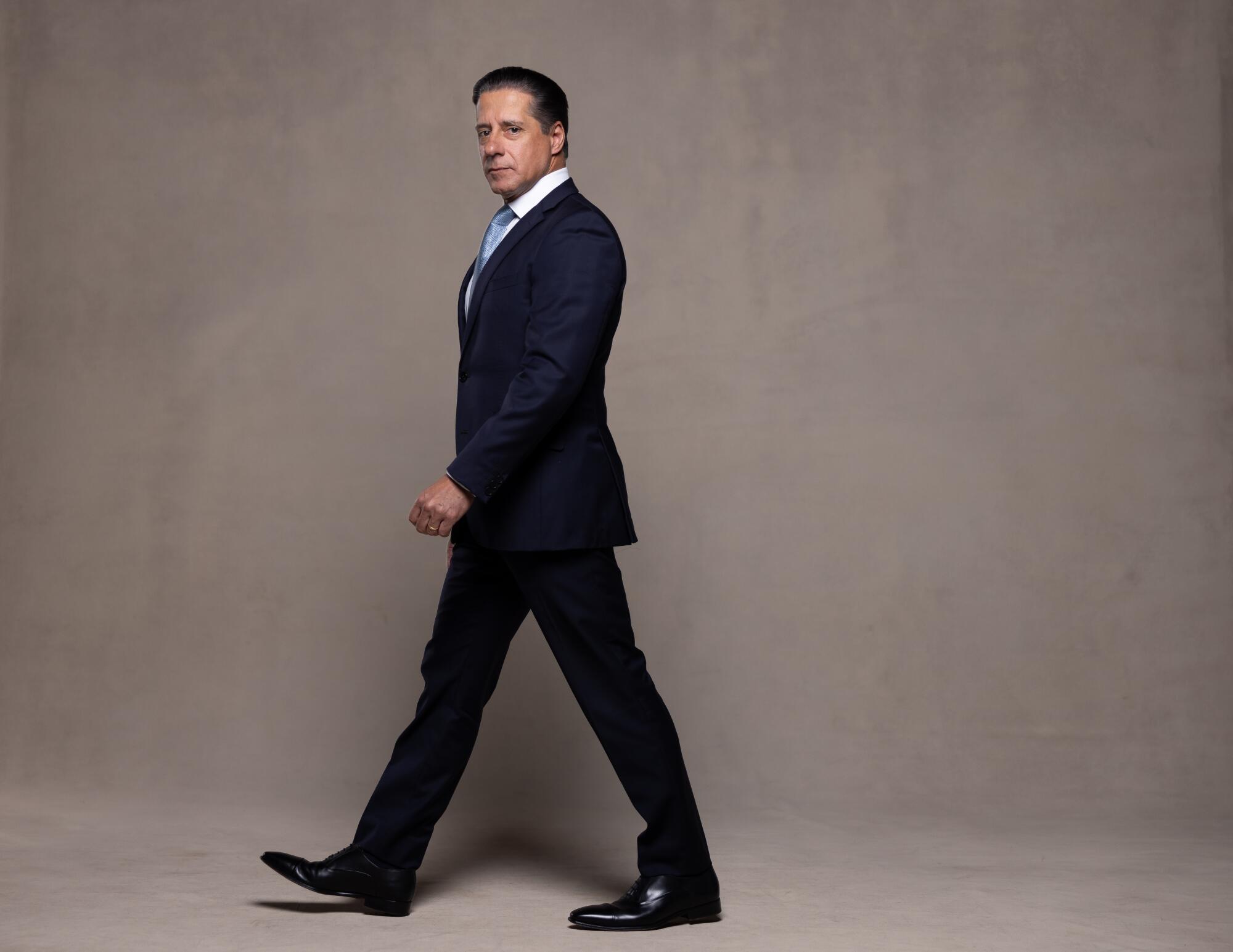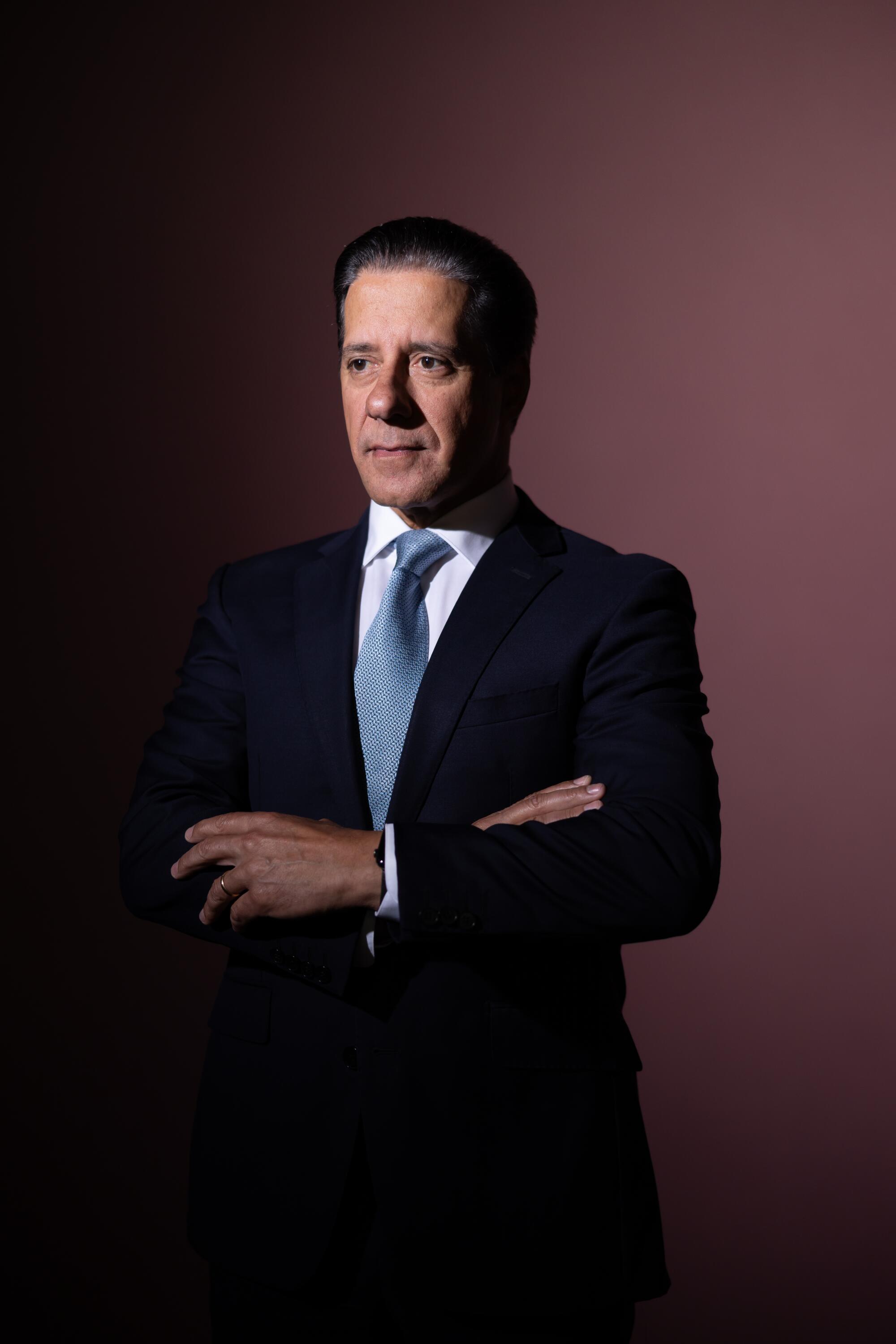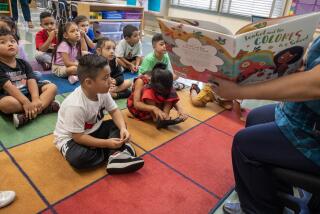- Share via

Alberto Carvalho, superintendent of Los Angeles Unified, the nation’s second-largest school system, thinks of himself as a learner.
Early on, he learned to survive in Miami as an immigrant teenager from Portugal, working odd jobs and sleeping under a bridge. He pursued higher education and transitioned to no-nonsense science teacher, who rapidly rose through the administrative ranks in the Miami-Dade County School system, eventually serving more than a dozen years as the head of that school district, winning widespread accolades.
Discover the changemakers who are shaping every cultural corner of Los Angeles. L.A. Influential brings you the moguls, politicians, artists and others telling the story of a city constantly in flux.
His arrival in L.A. in February 2022 came with its own learning curve. A big social media user, he made early posts about L.A. lifestyle experiences — riding a horse past the Hollywood sign and skydiving while signing “I heart LAUSD” — prompting more eye-rolls than high-fives. These days his social media posts are all business.
Carvalho, 59, took over a school system whose 420,000 students were staggered by the COVID-19 pandemic, which hit hardest those already the farthest behind. Midway through a four-year contract, he pledged a full academic recovery from the pandemic issues by this spring. His strategy has included requiring schools to present and analyze achievement data and continually adjust improvement plans. Test results will be announced in a few months.
He’s also aggressively pushing to improve attendance, after surging chronic absenteeism. When unions threatened a prolonged work stoppage, he helped reach a deal that limited the damage to a three-day strike. After a high school student died of a fentanyl overdose on campus, he directed every school to stock the overdose drug naloxone. When a major ransomware attack jolted L.A. Unified, he strengthened cybersecurity.

Yet, the media-savvy schools chief has stumbled at times with communication, drawing criticism for lack of transparency.
Amid a spike in school crime and fights, he has shifted directions while trying to assuage pro- and anti-police advocates. A new school security plan that involved deploying officers recently collapsed as disagreements arose over approaches.
When unions threatened a prolonged work stoppage, he helped reach a deal that limited the damage to a three-day strike.
It took months for parents and employees to get candid answers about the elimination of a popular reading program — even though Carvalho made a reasonable case for moving in a different direction. And, amid accusations that the district violated state laws and shortchanged schools of voter-approved arts funding, Carvalho and his deputies did not fully answer questions put to them by parents, unions and school board members.
What does he enjoy most?
“I spend a lot of time in schools and classrooms,” he said. “I absolutely enjoy my connection with our students, with our teachers, with our support staff. ... I see nothing but opportunity, excitement.”





